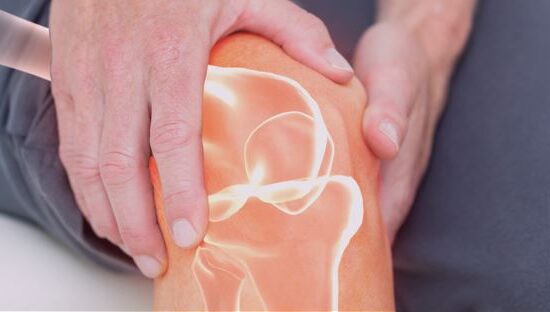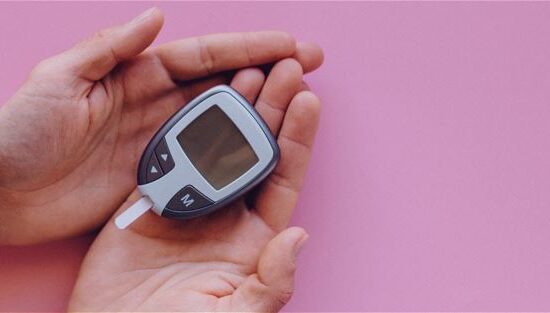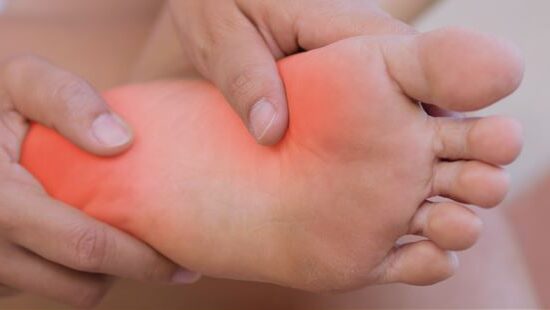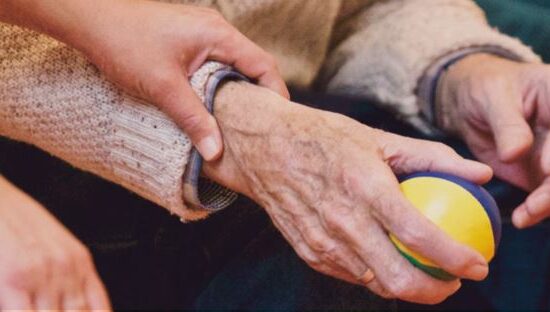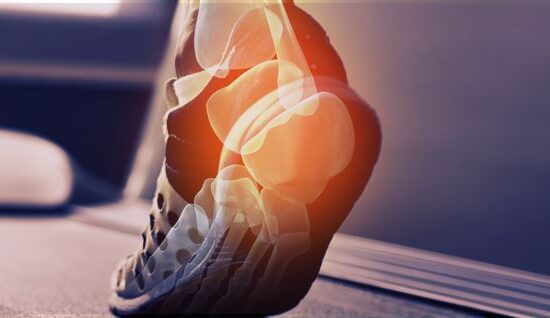What is incontinence?
Incontinence refers to an accidental and/or involuntary loss of urine or fecal matter, due to the alteration or one or more of the structures involved in controlling their evacuation.
Where does it come from?
There are many causes of incontinence. Urinary incontinence may be due to several factors, such as anxiety, obesity, a neurological disorder, a urinary infection or childbirth.
Fecal incontinence most often results from a colostomy (surgical deviation of the colon) or a loose sphincter occurring with age.
How can it be recognized?
Fecal incontinence occurs in only one form, while urinary incontinence is manifested in many ways. They include:
- Stress urinary incontinence (due to physical effort, coughing or sneezing);
- Urge incontinence (urgent and irrepressible need to urinate);
- Mixed incontinence (a combination of the previous two);
- Functional incontinence (due to a psychomotor disorder);
- Overflow incontinence (in case of a prostate impairment, for example);
- Nocturnal enuresis (especially in children).
People who live with incontinence may suffer psychological consequences, such as embarrassment and anxiety, as well as a social consequences, including isolation caused by fear of a leak.



